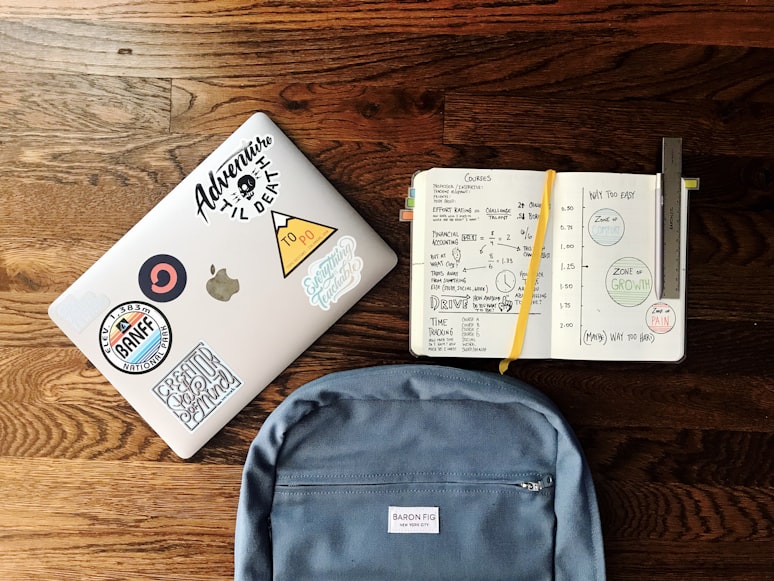10 Study Tips for Back to School
Back to school is a time of year that is often dreaded by many students. However, it is also an important time of year that can be made much easier with the right strategies. In this article, we will provide some tips on how to make the transition from summer to school more bearable.
First Step
The first step of back to school is to get organized. Make sure you have all of your required materials and documents sorted out and ready to go. This will help you avoid wasting time looking for things you need. Also, try to get enough sleep during the week so that you are ready for classes on Monday morning.
Key Factor
Another key factor in making the transition from summer to school easier is discipline. Be sure to set a good example for your students and follow the rules of your school and home environment. This will help keep everyone safe and focused on their studies.
It Will Get Better
Finally, remember that no matter how difficult the year may seem at first, it will eventually get better. Stick with the strategies outlined in this article and everything will fall into place soon enough!
List of 10 Study Tips for Back to School
Here are 10 tips for a successful back-to-school semester:
1. Set realistic goals
Don’t expect to ace every single class on your first try. Instead, set smaller goals that you can achieve over the course of the semester.
2. Get organized
Make sure you have all of your materials organized and easily accessible before each class. This will help you stay focused and avoid distractions throughout the semester.
3. Stay positive
It can be tough when things don’t go as planned but remember that there are always opportunities for growth and improvement. Stay positive and stay motivated!
4. Use online resources
There are many online resources available to help you with your back-to-school studies. use these resources to supplement your classroom learning experience.
5. Participate in extracurricular activities
Participating in extracurricular activities can help you make new friends, learn new skills, and build valuable college-level credits. Consider joining a club or participating in an event that interests you!
6. Take breaks often
Don’t try to cram all of your studying into one night or weekend session – breaks are important for both your physical and mental health.
7. Set a schedule
Make sure to get your schoolwork done early in the day so that you have more time for fun activities later on. Try to break up your studying into shorter sessions that can be completed without feeling overwhelmed.
8. Find a study buddy
Having someone to help you stay focused and motivated can be a huge help. If you can't find a friend to study with, consider using an online study tool or app. These tools provide instant feedback and help you stay on track.
9. Stay hydrated
Make sure to drink plenty of water. Dehydration can lead to poor performance in school, no matter what type of student you are.
10. Chunking
Break up your studying into manageable chunks. Breaking up large projects into smaller tasks will make them feel less daunting and more manageable.
What to Wear On Your First Day to School
When you first start school, the most important thing you can do is to feel comfortable. Here are some tips for what to wear on your first day:
- Wear something loose and comfortable, like a comfortable shirt and pants. You'll be moving around a lot, and you don't want to be uncomfortable. You can just wear a mandujour slim-fit cotton long sleeve shirt, it is both comfortable and cool.
- Bring a backpack with enough supplies for the day. Make sure to bring a notebook and pens, as well as any materials you might need for your classes.
- Don't forget your sunglasses! It can be really sunny outside, and you'll need to protect your eyes from the bright light.
- Finally, make sure to smile! It can be difficult to get started in the morning, but once you get going it will be worth it!
Conclusion
It's back to school time! Whether you're a first-time student or a returning adult, there are a few things you should keep in mind in order to make the transition as smooth as possible. Such as, making use of technology whenever possible. Using digital resources such as textbooks, flashcards, and study programs can help you stay on track and improve your learning process overall.
Or be patient with yourself. If something isn't working well for you during your studies, don't force yourself to finish it; take some time off instead and come back later when you're feeling stronger mentally and physically.












